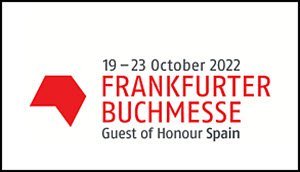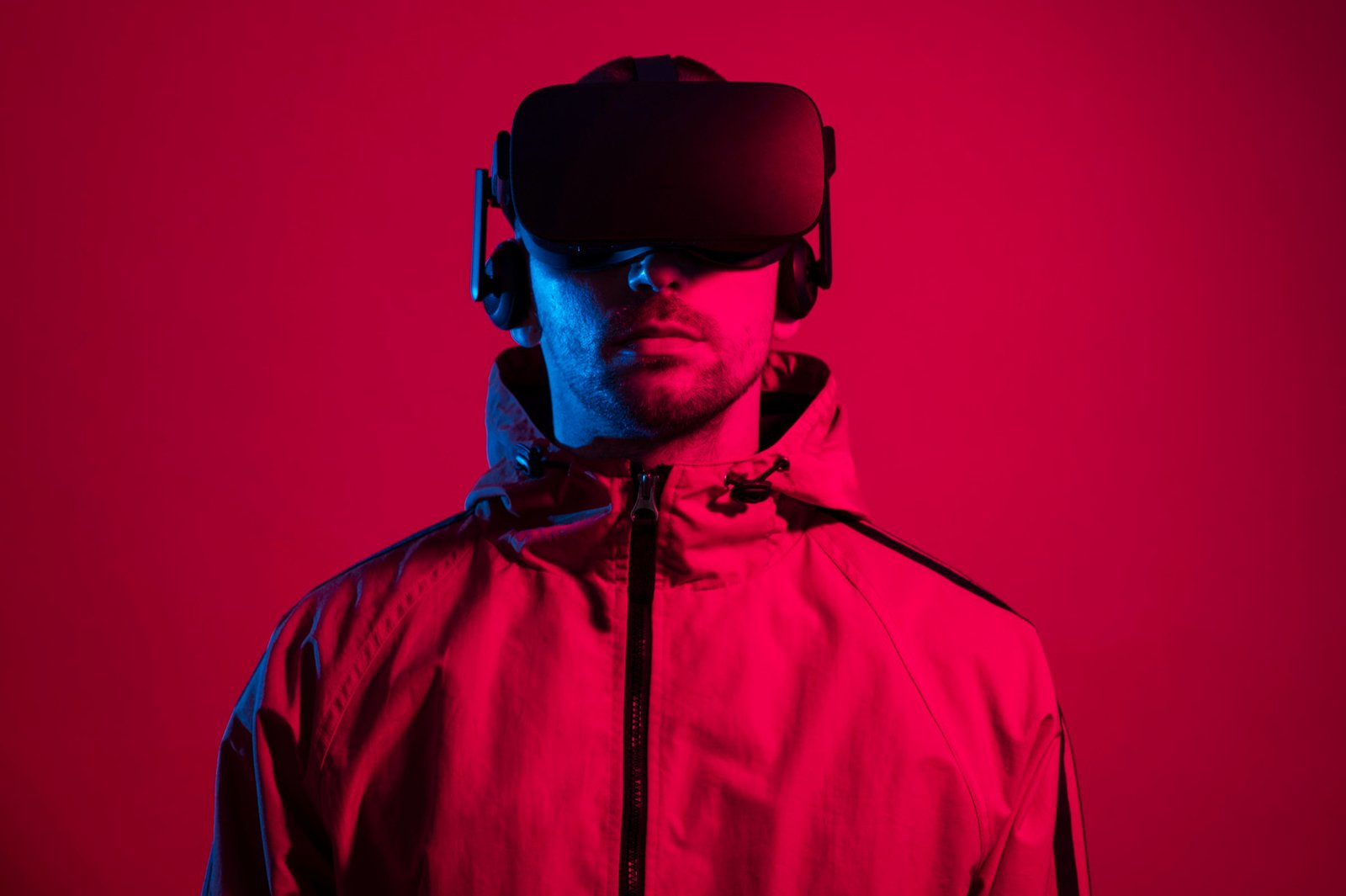DUBAI, 12 September 2024 – Whilst the lion’s share of leading pharma companies are located in the developed world, the Global South has the potential to catch up thanks to the Fourth Industrial Revolution (4IR). AI, drones, intelligent robots, and Web3 enable emerging markets to boost pharma R&D and production, says Pharmapreneur Hari Chereddi, CEO, HRV Global LifeSciences, & NewHorizon Global Pharma, a global pharma company with branches in India, Dubai, Lithuania, Switzerland, Türkiye & USA.
The Global South, spreading from East Asia (excluding Japan, South Korea, Australia, and New Zealand) to Africa and Latin America, advances many fronts in industrial production and services, but the region, which is home to over 6 billion people, has yet to create a major corporation that makes it on the list of the top 20 global pharma firms, a ranking that is still dominated by Western firms.
With the exception of India, which established pharmaceutical hubs in Hyderabad and Mumbai, exporting medicaments to 200 countries, “other emerging markets of the Global South should make use of the tools of the Fourth Industrial Revolution (4IR) to unleash their pharma potential,” says Pharmapreneur Hari Chereddi, CEO, HRV Global LifeSciences, & NewHorizon Global Pharma.
4IR has the potential to significantly enhance pharma in several ways:
-
Personalised Medicine: Advanced data analytics and machine learning can analyse vast amounts of patient data to tailor treatments to individual genetic profiles, improving efficacy and reducing adverse effects. While most countries of the Global South are characterised by an overall young population, ageing of society becomes increasingly a challenge (such as in China) where data pooling and analysing becomes a vital issue to sustain a healthy society.q
-
Drug Discovery and Development: AI and machine learning models can accelerate the drug discovery process by predicting which drug formulations might work best. This can shorten development times and reduce costs by identifying potential failures earlier. China has taken a lead in AI and has the biggest potential in this regard within the Global South, neck on neck with the U.S., according to the World Economic Forum.
-
Clinical Trials: 4IR technologies enable more efficient and effective clinical trials. AI can optimise trial designs, identify suitable candidates through digital health records, and monitor patient data in real-time to ensure adherence and detect issues early.
-
Manufacturing: Smart manufacturing processes, driven by IoT (Internet of Things) and robotics, can streamline production, enhance quality control, and reduce costs. Real-time monitoring and automation can improve efficiency and consistency.
-
Supply Chain Optimization: Blockchain and IoT can improve transparency and traceability in the supply chain, helping to prevent counterfeit drugs, reduce fraud, and ensure the integrity of the pharmaceutical supply chain. Many African states, for instance, have increased their port capacity (like Kenya’s Mombasa, or Algiers, the capital of Algeria), which helps to accelerate the supply of pharmaceuticals.
-
Drug Repurposing: AI algorithms can analyse existing drugs for potential new uses, accelerating the process of finding new treatments for different diseases.
-
Patient Engagement and Monitoring: Wearable devices and mobile health apps enable continuous monitoring of patient health and real-time feedback, enhancing patient engagement and allowing for timely interventions.
-
Regulatory Compliance: Advanced analytics and automated systems can streamline compliance with regulatory requirements, reducing the burden of paperwork and improving the accuracy of submissions. In this regard, regulators of the Global South still have the potential to modernise their rules to supervise pharma firms. Brazil for instance has a vibrant and growing pharma sector, but uncertainty in relation to patent rights weighs on the production of new drugs, according to intellectual property rights newswire IAM.
-
Telemedicine and Digital Health: Integrating 4IR technologies with telemedicine platforms can expand access to care, facilitate remote consultations, and improve the management of chronic conditions. Telemedicine was successfully used in countries which were impacted by geopolitical tensions (like in the Middle East) and where doctors had to treat wounded patients remotely due to a lack of medical supply and personnel in the affected regions.
By leveraging these technologies, the pharmaceutical industry can enhance research and development, improve patient outcomes, and create more efficient and cost-effective processes.
While AI can greatly enhance data security, it works best as part of a multi-layered security strategy that includes human expertise, robust policies, and other security technologies.
Chereddi: “China and Russia have developed their own domestic civil aircrafts, the Comac C919 and the MC-21, respectively, while Brazil has been a civil aviation power with its Embraer planes. The Padel game was invented in Mexico and gained worldwide popularity. But in relation to pharmaceutical products, the big throw in the southern hemisphere has yet to happen.”
Nevertheless, “Running operations in both the emerging markets and in developed countries, we at HRV Global Life Sciences see huge potential in Africa, South East Asia, and LatAm to nurture their domestic pharma hubs and become major healthcare supplies located in the Global North like the U.S., Switzerland, Germany, or the UK,” says Chereddi.





